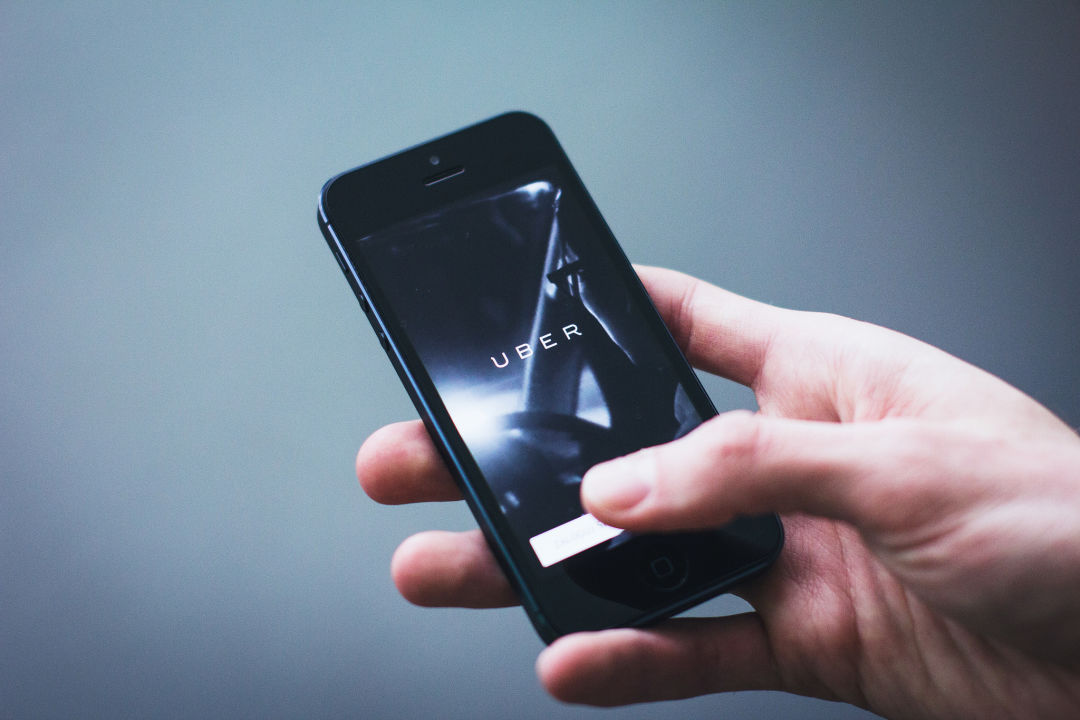Uber Stays in the Picture, Promises Mayor Turner

do you recall the cries of anguish that erupted from the northwest the day that Uber and Lyft suspended operations in Austin? While many Houstonians, of course, nourish themselves with the salty tears of weepy Austinites, we certainly didn't want to imagine a similar future for ourselves: ride share app-less, at the whims of mercurial cab drivers who won't break a $20, or struggling to find a parking spot within 100 miles of Dogwood in Midtown on a Friday night.
Thankfully, the City of Houston has come to an agreement with the ride sharing companies, enabling both Uber and Lyft to remain in operation here—but that's not all.
Drivers for the companies can now look forward to spending far less time and money when applying for their license. Streamlining changes to Chapter 46 of the City Code—the section that regulates vehicles-for-hire such as taxis, limos, and TNCs (transportation network companies such as Uber)—will, according to a press release from Mayor Sylvester Turner's office, "reduce the costs of licensing from nearly $200 to $70, cut the licensing process in half, and allow drivers to be licensed in under 20 minutes."
Earlier this year, Uber had threatened to pull its service from Houston over what it called "burdensome" city regulations. Proponents of the regulations, which included taking fingerprints as part of a background check, supported the more stringent process as safer for Houstonians who often hire Uber and Lyft when they are intoxicated, in an unfamiliar part of town, tired or otherwise vulnerable.

Mayor Sylvester Turner
Image: Brian Goldman
“I am thrilled we can finally put this issue to rest and focus on the real task at hand—providing a great Super Bowl experience that shows off our City,” said Mayor Turner in a statement. “This is a win for drivers and passengers alike. These changes will help make sure that visitors have a seamless experience during the Super Bowl and Houstonians have diverse transportation options to meet the growing needs of our city.”
Speaking of diverse transportation options, the City is clearly hoping you'll still consider using its fleet of 9,000 cabs—or that our visitors will, at least. It's launching a new app of its own, called Arro (tagline: your taxi, your way), which lets users virtually hail a cab in much the same way they do an Uber or Lyft.
“In a city as large and diverse as Houston, taxis and limos will always play a critical role in our transportation strategy,” said Turner. “Arro and Top Taxi will help modernize our taxi industry by making our fleet more efficient and equipping Houstonians with access to multiple forms of transportation at the push of a button.”
As for currently Uber-less cities like Austin and Corpus Christi, it looks the return of the Texas Legislature this January could mean the return of Uber and Lyft. Two recently introduced Senate bills—113 and 176—would alter ride sharing regulation, potentially bumping it up to the state level rather than leaving it up to various cities and municipalities with their own varying rules.




